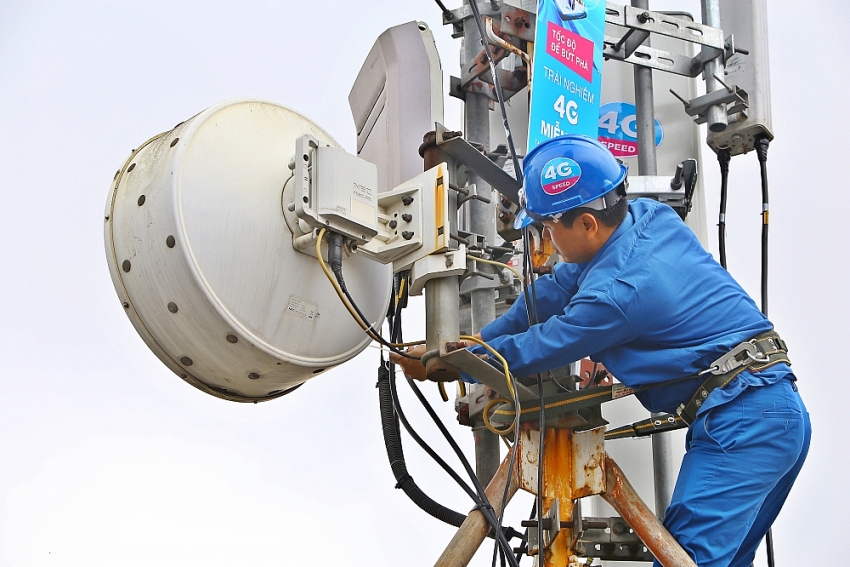
Although the government and the Ministry of Information and Communications have made great efforts to implement the auction of 4G bandwidth, there are still many legal problems. Network operators have been providing 4G services but have yet to be licensed to use the 4G band to guarantee service quality for customers with increased mobile internet demand.
The Ministry of Information and Communications (MIC) said that during the auction of the 2.6 GHz band, it needs to follow numerous complex legal documents such as the Law on Property Auction and the Law on Public Asset Management. In addition, determining the starting price for the band auction is also difficult as this is the first time Vietnam auctions off the right to use a radio frequency (an intangible asset), while Decision No.16/2012/QD-TTg only stipulates the principles of price determination but identifies no specific method to determine the reserve price.
In order to resolve these difficulties, the MIC has consulted the Ministry of Justice and the Ministry of Finance on the application of legal documents in the auction of radio frequencies. Based on the responses of the ministries, the MIC is drafting a report to the prime minister to propose solutions to remove barriers to deploy the 2.6GHz band.
Regarding the starting price, the MIC has hired a valuation organisation to determine the value of the 2.6GHz band in accordance with the Vietnam Valuation Standards. Based on the results, the MIC will report to the PM.
On July 26, 2018, Deputy Prime Minister Vu Duc Dam chaired a meeting with the representatives of ministries and agencies to remove difficulties in granting additional bands to improve 4G network quality and services.
Currently, the flow for 4G networks on the 1800 MHz band (serves 2G networks, too) is too low compared to the actual needs, affecting service quality and 4G network speed.
The average speed of internet in Vietnam ranked 75th in the world. To improve this rank, the MIC has been planning to release the 2.6 GHz band to let telecom businesses deploy a 4G network. The four registered enterprises are those that have actually implemented 4G networks in Vietnam.
In early January, the PM requested the MIC to speed up the licensing process of 2.6 GHz band to deploy 4G network for telecommunications enterprises before June 20.
One of the initiatives to promote economic growth, proposed by Minister of Information and Communications Nguyen Manh Hung, is auctioning 4G and 5G frequencies. Minister Nguyen Manh Hung said that the auctions should be implemented in the first quarter of 2020 so that telecommunications network operators can roll out services.
The auction will bring about VND6-8 trillion ($260.87-347.83 million) for the state budget. In addition, network operators will boost investment and stimulate demand for society as well as create new services to increase revenue and contribute to economic growth.


